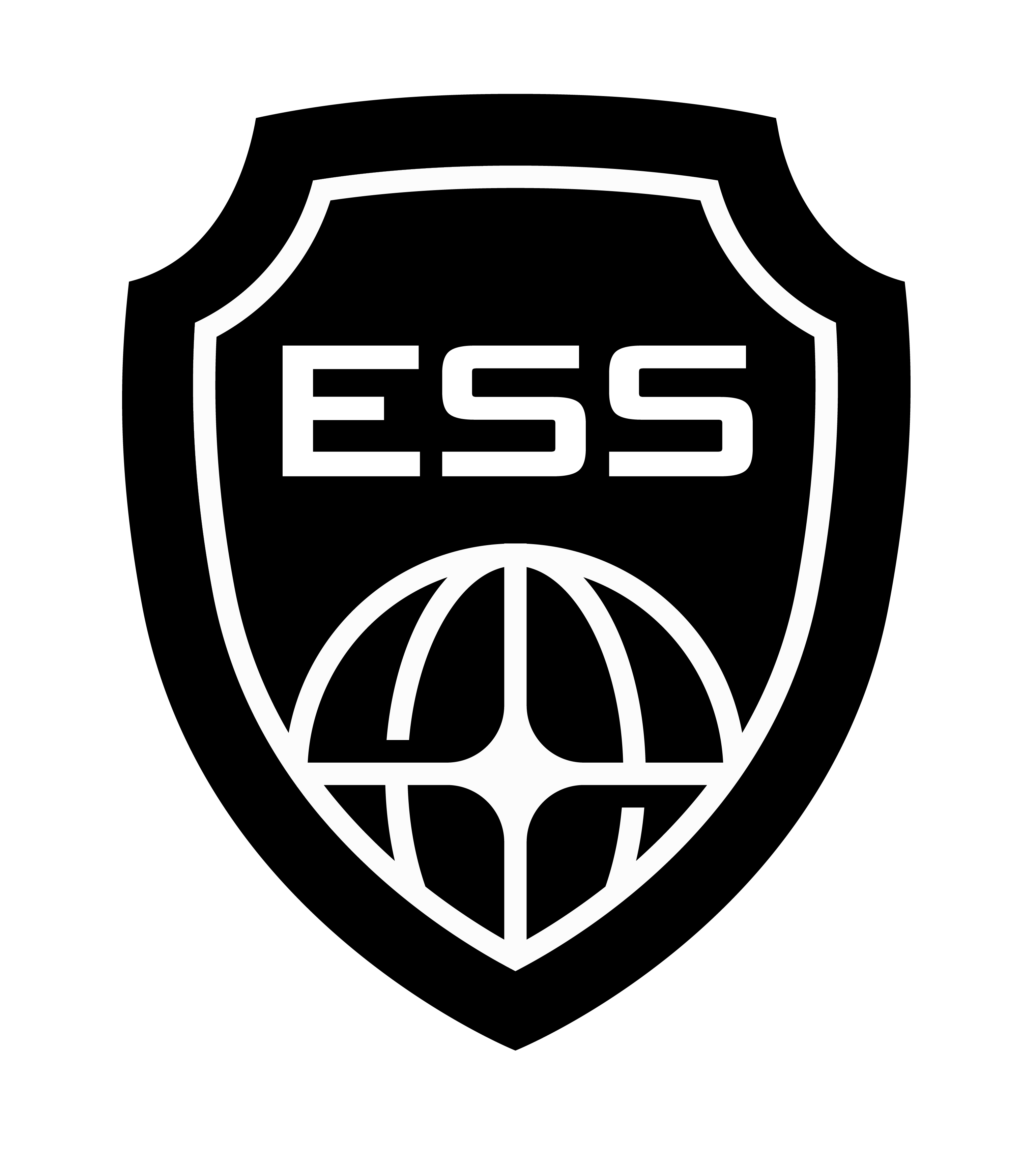At ESS Global, we often get questions on “G” and “CWP” rules, laws and reciprocity, so we thought it was time for a Florida G license vs a CWP “FAQ”, to set the record straight. There is plenty of misinformation, so we consulted with one of our top trainers, Mr. John Goldsboro at S1 Firearms Training. John is an NRA certified firearms instructor and a K licensed firearms instructor for the state of Florida. He is also a firearms and defensive tactics instructor for ESS Global Corp.
Florida G License vs a CWP FAQ
Question: I have a Florida statewide “G” license. Can I carry when driving back and forth from work?
Answer: Yes, you can carry/wear your firearm while traveling directly to/from home/armed post.
Question: If have a Florida “G” license, can I work in other states?
Answer: A Florida “G” license is only valid in the state of Florida. If you want to work armed in that state some require you to have their states armed license and a CWP might not be sufficient. Our advice? Call a law enforcement agency in that state to find out precisely what you need to do to follow the laws in that particular state.
Question: I may be working in the Close Protection industry. Do I get a “G” license because it’s for work? Or do I apply for a personal CWP?
Answer: To work any armed security position in the state of Florida you must have both a Class “D” (Unarmed Security License) and a Class “G” License (Armed Security License). If you plan to carry and you expect to work Close Protection assignments outside of Florida, You’ll want a CWP (as long as it’s in the 35 states that honor a Florida CWP). It’s always best to check the state you are traveling to.
Question: When I get a Florida Concealed Carry Permit, what other states is it valid in and what do I do when traveling through a state which doesn’t recognize my Florida CWP?
Answer: A Florida Concealed weapons permit is valid in the following 35 states: Alabama, Alaska, Arizona, Arkansas, Colorado, Delaware, Florida, Georgia, Idaho, Indiana, Kansas, Kentucky, Louisiana, Michigan, Mississippi, Missouri, Montana, Nevada, New Hampshire, New Mexico, North Carolina, North Dakota, Ohio, Oklahoma, Pennsylvania, South Carolina, South Dakota, Tennessee, Texas, Utah, Vermont, Virginia, West Virginia, Wyoming.
When traveling through the 15 states (and DC) that do not have a reciprocity agreement, ESS Global encourages licensees planning to travel to another state to consult that state’s laws or call a law enforcement agency in that state to find out precisely what carry restrictions apply.
Question: I have a Florida Concealed Weapon/Firearm Permit, but I am not a legal resident of Florida. Can I travel to the states that recognize Florida licenses and still carry a concealed weapon?
Answer: Nope, Florida does not recognize an out-of-state permit that was issued to a non-resident of the licensing state, and other states do not recognize a nonresident Florida carry permit.
Question: I am considering carrying and I recently got an email saying I would need a “Florida Carry Badge”. Is that the same as a permit?
Answer: To carry concealed in the state of Florida you must take a CWP course by a NRA or State Certified instructor or school. After completing the course and successfully submitting your application, you will receive a Florida State CWP Permit Licensed I.D. To legally carry in the state of Florida and its states of reciprocity all you need is your state issued I.D. CWP Badges are not a requirement and that purchase us up to each licensee. These badges are simply a novelty item. Feel free to ignore their implications that these are “required to remain in compliance” and other sales pitches.
 Whether you need training for a “D” Security license, a “G” license, or the required training to apply for a concealed weapon permit (CWP), remember that ESS Global Corp is the only protection school in the state of Florida that is licensed by the US Department of Education.
Whether you need training for a “D” Security license, a “G” license, or the required training to apply for a concealed weapon permit (CWP), remember that ESS Global Corp is the only protection school in the state of Florida that is licensed by the US Department of Education.
